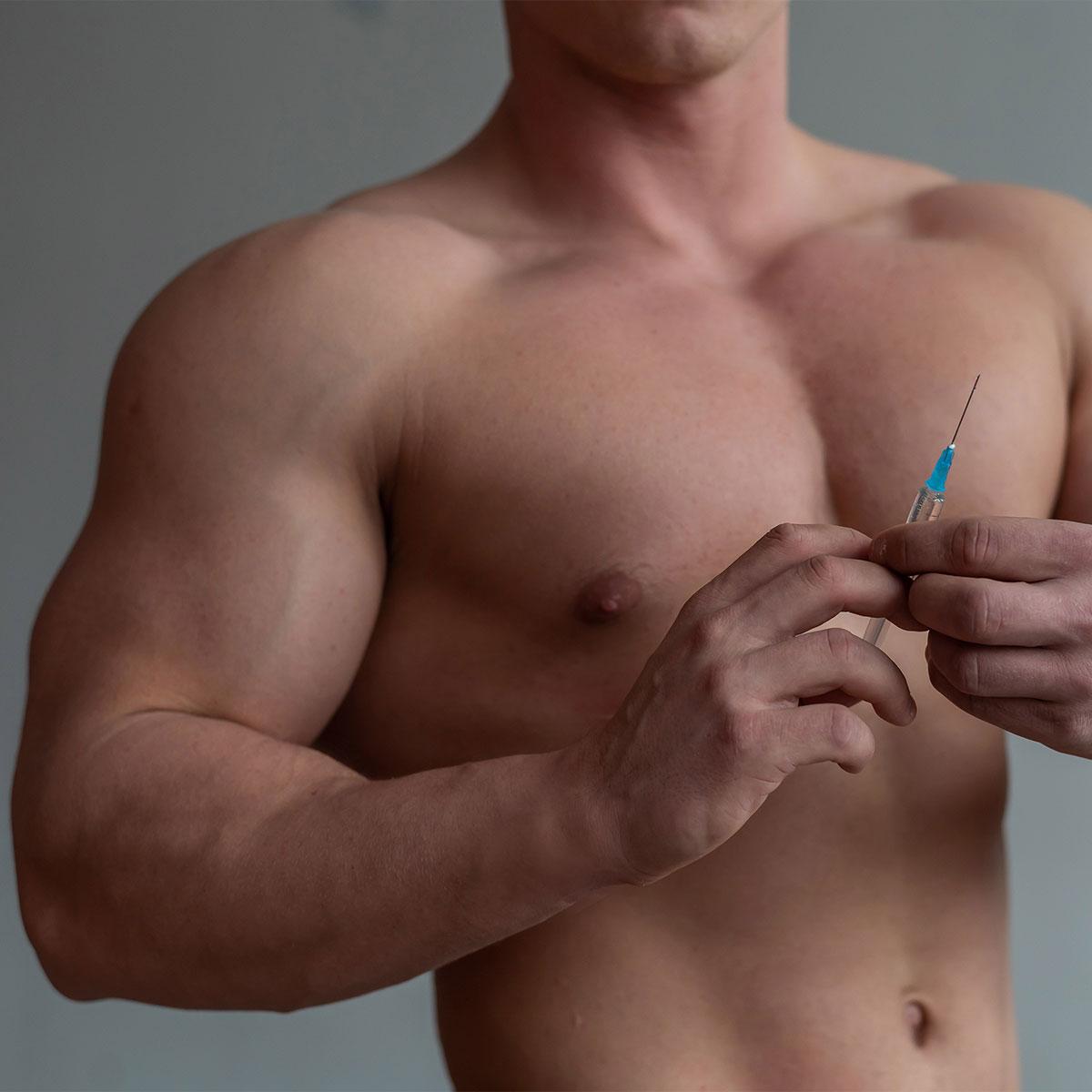Low testosterone can affect energy, mood, physical strength, sexual health, and overall well-being.
🔵 1. Low Energy & Constant Fatigue
Many people feel tired all day, even after sleeping.
🔵 2. Reduced Sex Drive (Low Libido)
A very common effect of low testosterone.
🔵 3. Erectile Difficulties
Testosterone helps support normal sexual function, so Low T may contribute to problems with erections.
🔵 4. Loss of Muscle Mass & Strength
Testosterone helps build and maintain muscle. Low levels can cause:
-
Reduced strength
-
Difficulty gaining muscle
-
Softer body appearance
🔵 5. Increased Body Fat
Especially around the stomach. Some people notice weight gain even without changing diet.
🔵 6. Mood Changes
Low T may affect mood and emotional health, contributing to:
-
Irritability
-
Sadness or low mood
-
Reduced motivation
-
Lower confidence
🔵 7. Difficulty Concentrating (Brain Fog)
Many people report:
-
Poor focus
-
Memory issues
-
Trouble staying mentally sharp
🔵 8. Poor Sleep Quality
Low T may be linked to:
-
Insomnia
-
Restless sleep
-
Nighttime awakenings
🔵 9. Reduced Bone Strength
Long-term low testosterone can weaken bones, increasing the risk of osteoporosis.
🔵 10. Decreased Physical Performance
Workouts may feel harder, recovery takes longer, and endurance decreases.
🔵 11. Lower Fertility
Low testosterone can affect sperm production.
⭐ When to Seek Help
If you're noticing several of these symptoms, consider talking to a licensed healthcare professional. They can run a simple blood test to check hormone levels and guide you on safe treatment options.

